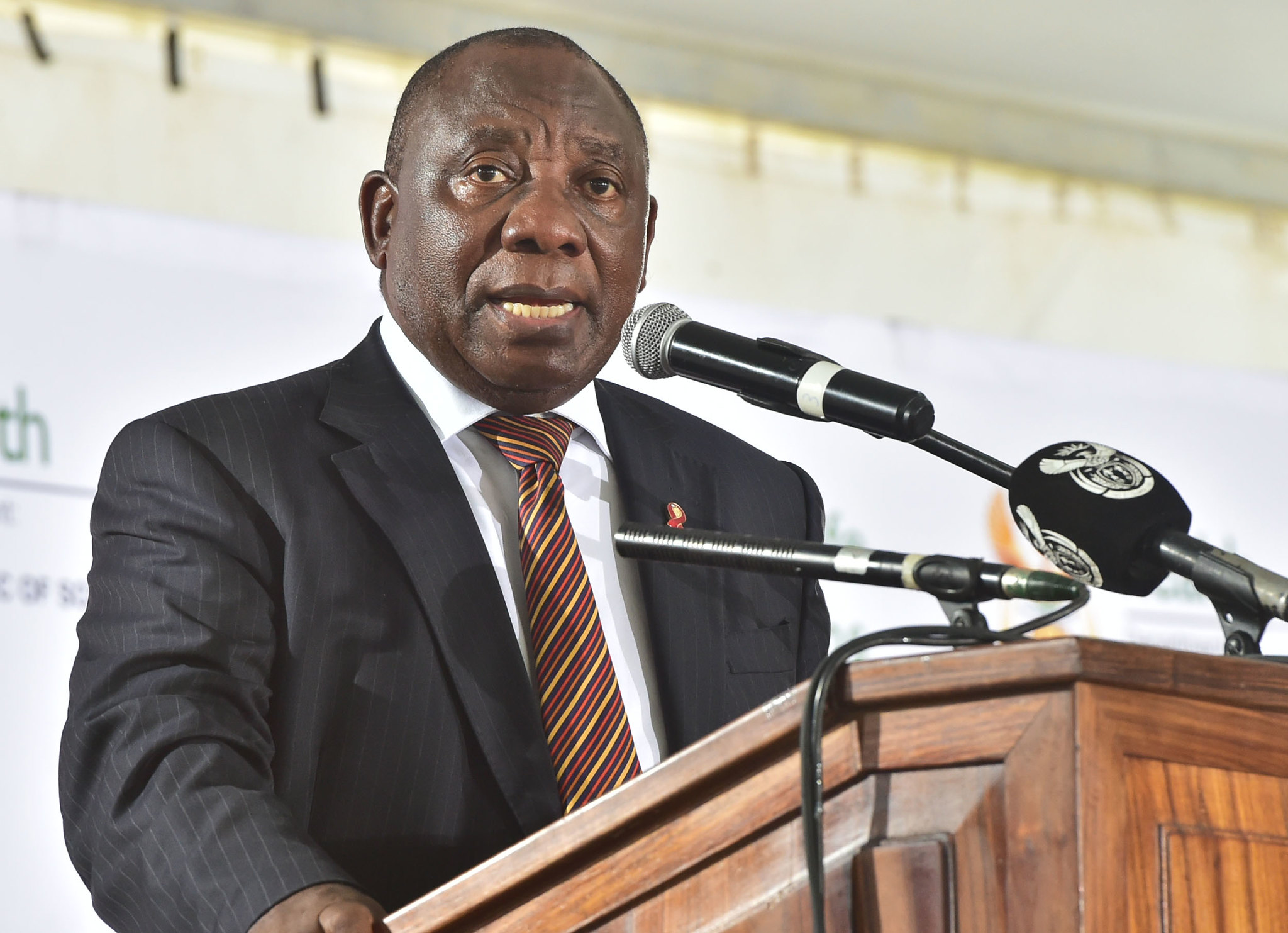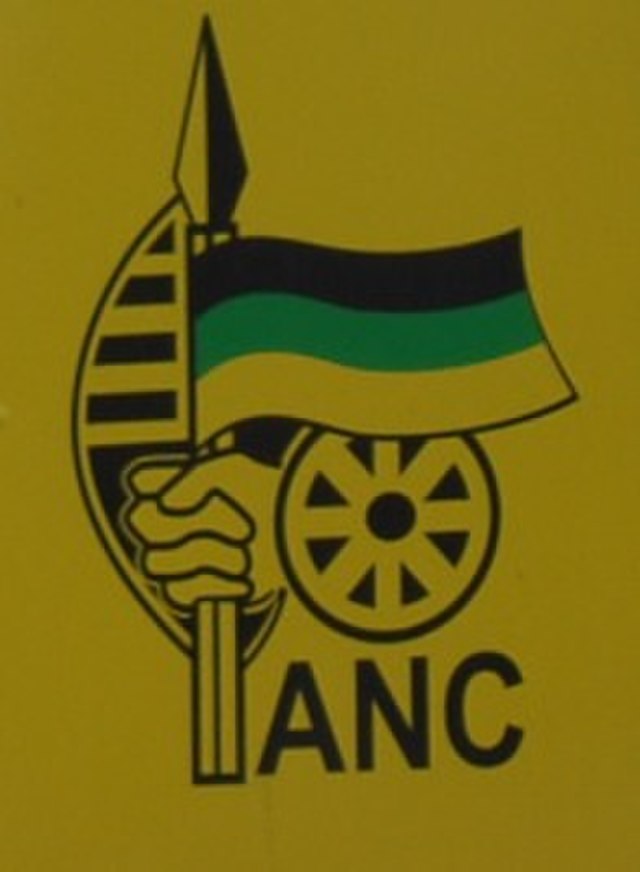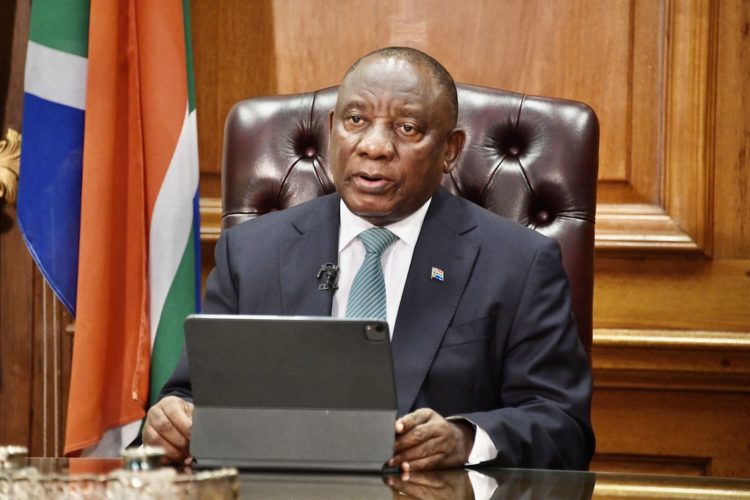President Cyril Ramaphosa came to the helm of South Africa’s governing party, the African National Congress (ANC) in 2017 on an anti-corruption, or anti-state capture, platform. The ANC’s 54th elective conference gave him a mandate of renewing the party, and simultaneously reversing the state capture phenomenon that had characterised much of the country 10 years under his predecessor Jacob Zuma.
But, now, he himself has been caught up in controversy over the theft of thousands of American dollars allegedly kept in contravention of foreign exchange rules at his Phala Phala farm in Limpopo in 2020. He also allegedly failed to properly report the theft to the police.
This sparked an attempt to have him impeached for allegedly violating the country’s constitution. But, the ANC’s overwhelming majority in parliament saw the impeachment motion being defeated.
This has led to many to ask whether the country would be better off with or without Ramaphosa.
This is not an easy question. But it is one that has been on the minds of many in the country since the eruption in June of the Phala Phala scandal.
Given that South Africa runs a party political system at a national level, Ramaphosa emerges through the organisational culture of the governing ANC. The party, specifically its successive leadership after the 2007 Polokwane conference, has presided over the weakening of state institutions and a general collapse of state capacity.
These have had eroded social cohesion in South African society as seen by accelerated levels of inequality, xenophobia and ethnic chauvinism. To ask, therefore, whether South Africa would better off with or without Ramaphosa is to also ask whether the country would be better off without the ANC.
For a period the ANC represented the aspirations of many black people in reversing the political and economic design of colonialism and apartheid. To this extent, it can be said to have encompassed the South African nation. But it has become too inward-looking, at the expense of the development aspirations of the nation it claims to lead.

Interestingly Ramaphosa straddles these transitions of the ANC. At the beginning of the democratic dispensation in 1994, as a trade unionist, he was an important architect of the country’s constitutional framework. But, now as president of both the party and the republic, he’s embroiled in a scandal over his private business interests.
Its an untenable position to be in given the anti-corruption ticket that catapulted him to the helm of the party.
I’ve been researching and observing the ANC and its governance performance over 15 years. My view on these questions is that given the organisational culture that comes with the ANC, and its impact on both government and on South African society, the country would indeed be better off without Ramaphosa. This is regardless of his anti-corruption campaign which has, in any case, been weakened by Phala Phala.
Of Phala Phala and the ANC
Given that the Phala Phala matter weakens his anti-corruption campaign, the party can either save the president, as it did when it voted this week against tabling the report of the parliamentary panel on Phala Phala for discussion. Or, it can hang him out to dry, thus beginning a series of events that weakens the electoral fortunes of the party altogether.
The decision to save him is, of course, premised on the idea that the South African “nation” is inseparable from the ANC. And that equally, the ANC is inseparable from the state. These assumptions increasingly don’t hold true in the country. Voters, especially in urban South Africa, are diversifying their votes.
I agree with the Director of the New South Institute, Ivor Chipkin when he says:.
the ANC is not the nation…the party is not the state {and} institution matter more than individuals.
It has become increasingly clear that the country needs to start thinking of life without the ANC in charge. And that coalitions, albeit unstable in the immediate run, might be desirable to avoid the cliff edge that South Africa stands on.
Looking forward
I think that the ANC will continue to be a strong political force in the foreseeable future, even though it has weakened in successive election at local, provincial and national level.
There are now real prospects that the party will poll just above 50% needed to form a national government in 2024. This puts the prospect of a national coalition government within view.

The ANC should now show leadership by providing the necessary architecture – including new laws and regulations – to manage coalitions so that they can serve the country well.
This would complement the recent amendment of the Electoral Act enabling independent candidates to run for elections at national and provincial level.
Of course, this possibility is not without its weakness: legislative access or easier entry for independent candidates to contest elections is a zero-sum game for the ANC. But the development of South Africa requires, not the renewal of the ANC, but the enablement of coalitions.
Coalitions are a necessary part of diversifying South Africa’s political culture. This is not about bringing contestation for its own sake, but to find a party political culture that aligns with the country’s constitutional framework.
The future of South Africa hangs in the balance. The country can either continue on its current downward spiral, with a growing brain drain, or it can change direction to upward development trajectory.
Either way, this is about much more than the ANC.
Too much time has been spent discussing the societal spill overs from the party’s organisational and intellectual problems.
***
This piece is written by Thapelo Tselapedi, Politics lecturer from Rhodes University. Want to feature your story? Send your draft here today.
![]()










COMMENTS